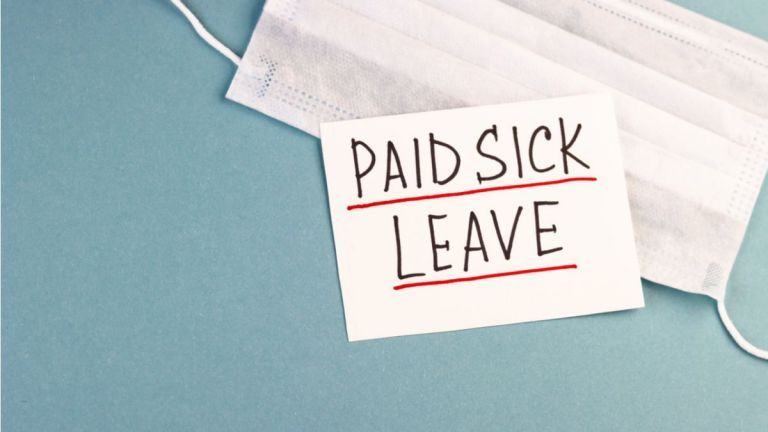UPDATE: Gov. Baker Adds $25 Million to Temporary Emergency Paid Sick Leave Program

Earlier this week, Governor Baker replenished the Temporary Emergency Paid Sick Leave Program fund with an additional $25 million of federal funds.
As a reminder, this program went into effect in May of last year with the focus of providing emergency paid sick leave to employees who need to either self-isolate and care for themselves upon being sick with COVID-19, stay home and care for a family member who is sick, care for a family member who may not be sick, but is required to quarantine, or even if the employee themselves is unable to telework due to COVID-19 symptoms.
Employees who work 40 hours or more per week are entitled to 40 hours of COVID-19 related emergency paid sick leave. Employees who regularly work less than 40 hours per week are entitled to an amount equal to the average number of hours that employee works per week. For those employees whose weekly hours vary each week, employers must provide leave that is equal to the average number of hours that the employee was scheduled to work per week over the previously 6 months. Finally, if an employee with a variable schedule has not worked for the employer for 6 months, the employer must provide leave that is equal to the number of hours per week the employee was reasonably expected to work when hired.
The maximum amount an employer is required to pay per employee is $850, including the cost of benefits. However, employers are able to request reimbursement for payments to employees through the Department of Revenue.
Employers must keep in mind that they may not require employees to use other types of available paid sick leave before they use COVID-19 emergency paid sick leave. Also, employers may not require an employee to find a replacement worker to cover the time the employee will miss while using COVID-19 emergency paid sick leave.
If your business has any questions about this topic, or any other general employment issues, please do not hesitate to contact the attorneys at The Royal Law Firm at 413-586-2288.







